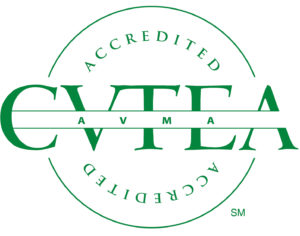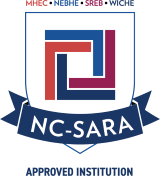
Please see the CT State catalog for updated program information pertaining to the 2023 school year and beyond. The Veterinary Technology program is a two-year, full-time, cohort-based program offering an Associate in Science degree in Veterinary Technology. The program has selective admission. As described by the National Association of Veterinary Technicians in America, veterinary technicians are educated to be the veterinarian’s nurse, laboratory technician, radiography technician, anesthetist, surgical nurse and client educator. Many are placed in a supervisory role in veterinary practices, research institutions and other employment options. Veterinary technicians can find employment in veterinary practices, biomedical research, zoo/wildlife medicine, industry, military, livestock health management, and pharmaceutical sales. The veterinary technology program is strengthened by our community partnerships. Pieper Memorial Veterinary Hospital provides our clinical small animal, radiology, and laboratory procedure rotations. Yale University provides our laboratory animal rotation. Many area farms provide support for our large animal clinical nursing course. All students must participate in supervised externship experiences under the direction of a licensed veterinarian, certified technician, or animal research technician. Students will refine skills learned in all veterinary technology courses through placement at an off-site veterinary hospital, private practice, or laboratory facility. After successfully completing the Associate in Science degree in Veterinary Technology at CT State Middlesex, graduates can sit for the Veterinary Technician National Examination (VTNE). Although taking the exam and earning a passing score is not currently required in Connecticut, it is strongly encouraged because voluntary certification through the Connecticut Veterinary Technician Association requires a passing score on the VTNE. The AVMA-CVTEA requires that we share the following data about the VTNE: The Veterinary Technology program is accredited by the American Veterinary Medical Association – Committee on Veterinary Technician Education and Activities. Note About Financial Aid Becoming Connecticut State Community College Federal Regulation, 34 CFR 668.43-Institutional Information for Disclosure for Licensure Program requires the institution to disclose whether completion of a covered licensure program would be sufficient to meet licensure requirements in a State for that occupation. Disclosure is not applicable to this program. Professional licensure, certification, and/or education are not state requirements to work as a veterinary technician. Our program(s) lead to eligibility for nationally recognized professional certification(s) that are preferred by employers but not required by the state for employment in the field.
Associate in Science DegreeVeterinary Technician National Examination
July 1, 2020 – June 30, 2023 Number of first-time candidates that have taken the VTNE 47 Three-Year Pass Percentage on VTNE 70.21% DOWNLOADABLE PROGRAM FORMS & DOCUMENTS:
HELPFUL LINKS
Program Accreditation

 Per Federal Regulation, 34 CFR 668.43-Institutional Information for Disclosure for Licensure Program requires the institution to disclose whether completion of a covered licensure program would be sufficient to meet licensure requirements in a State for that occupation.
Per Federal Regulation, 34 CFR 668.43-Institutional Information for Disclosure for Licensure Program requires the institution to disclose whether completion of a covered licensure program would be sufficient to meet licensure requirements in a State for that occupation.
Federal regulations stipulate that a student may only receive financial aid for courses that count towards their degree/certificate. To comply with this regulation, MxCC must track the courses that a student is registered for that count towards their degree/certificate program. Courses identified as not meeting program requirements will not be included in the calculation of financial aid eligibility. Pre requisites will be covered. This procedure is now in effect. Eligibility ceases once a student attempts 90 credits for a typical 60 credit program.
STUDENTS: The Community Colleges are undergoing a merger with a plan to become Connecticut State Community College in fall 2023; please work closely with your advisor/program coordinator to select your courses accordingly. Click here for more details about this merger.

